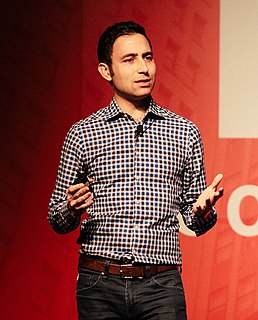A Quote by Johann Wolfgang von Goethe
There are but few who have ideas and are, at the same time, capable of action. Ideas enlarge but stymie, action enlivens but confines.
Related Quotes
All of the great ideas, without action, become stale and useless. The key to turning dreams into reality is action. People who have great ideas are a dime a dozen. People who act on their dreams and ideas are the select few, but they are the ones who gain the wealth, wealth and wisdom that is available. Someone will act today. Let it be you.
The fear of speculation, the ostensible rush from the theoretical to the practical, brings about the same shallowness in action that it does in knowledge. It is by studying a strictly theoretical philosophy that we become most acquainted with Ideas, and only Ideas provide action with vigour and ethical meaning.
I’m much better at working out ideas in action than I am in theorizing about it and then transferring my thinking to action. I don’t work that way. I work with tentative ideas and I experiment and then with that experimentation in action, I finally come to the conclusions about what I think is the right way to do it.
Action is the music of our life. Like music, it starts from a pause of leisure, a silence of activity which our initiative attacks; then it develops according to its inner logic, passes its climax, seeks its cadence, ends, and restores silence, leisure again. Action and leisure are thus interdependent; echoing and recalling each other, so that action enlivens leisure with its memories and anticipations, and leisure expands and raises action beyond its mere immediate self and gives it a permanent meaning.
Our popular economics writers, however, are not in the business of giving their readers a ringside seat on the research action; with no exception I can think of, they use their books to do an end run around the normal structure of scholarship, to preach ideas that few serious economists share. Often, these ideas are not just at odds with the professional consensus; they are demonstrably wrong, and sometimes terminally silly. But they sound good to the unwary reader.






































